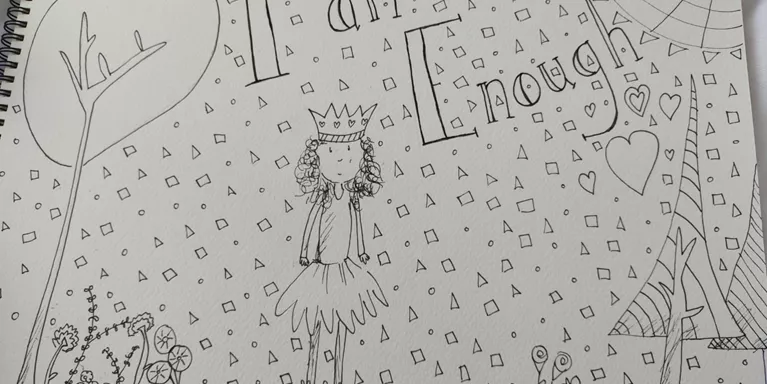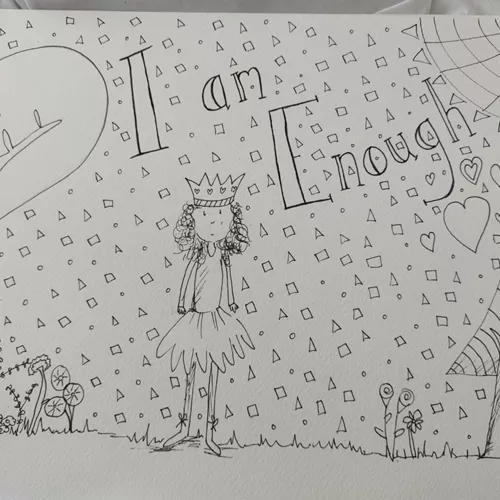Complex post-traumatic stress disorder (complex PTSD)
Explains what complex PTSD is, including possible causes and how you can access treatment and support.
View this information as a PDF (new window)
What is complex PTSD?
Complex post-traumatic stress disorder (complex PTSD, sometimes abbreviated to c-PTSD or CPTSD) is a condition where you experience some symptoms of PTSD along with some additional symptoms, such as:
- difficulty controlling your emotions
- feeling very angry or distrustful towards the world
- constant feelings of emptiness or hopelessness
- feeling as if you are permanently damaged or worthless
- feeling as if you are completely different to other people
- feeling like nobody can understand what happened to you
- avoiding friendships and relationships, or finding them very difficult
- often experiencing dissociative symptoms such as depersonalisation or derealisation
- physical symptoms, such as headaches, dizziness, chest pains and stomach aches
- regular suicidal feelings.
At times I felt nothing was going to end the distress, experiencing more than 10 flashbacks a day... It was a long process of recovery, with lots of bumps along the road, but the right medication and long-term therapy with someone I came to trust, has changed my life.
Complex PTSD and emotional flashbacks
If you have complex PTSD you may be particularly likely to experience what some people call an 'emotional flashback', in which you have intense feelings that you originally felt during the trauma, such as fear, shame, sadness or despair. You might react to events in the present as if they are causing these feelings, without realising that you are having a flashback.
See our sections explaining what flashbacks are and tips for coping with flashbacks for more information.
What causes complex PTSD?
The types of traumatic events that can cause complex PTSD include:
- childhood abuse, neglect or abandonment
- ongoing domestic violence or abuse
- repeatedly witnessing violence or abuse
-
being forced or manipulated into prostitution (trading sex)
- torture, kidnapping or slavery
- being a prisoner of war.
You are more likely to develop complex PTSD if:
- you experienced trauma at an early age
- the trauma lasted for a long time
- escape or rescue were unlikely or impossible
- you have experienced multiple traumas
- you were harmed by someone close to you.
Developing PTSD after experiencing domestic violence was not something I was prepared for. Physically I left my old home. Mentally I am still there. The prison is no longer that house – it is my mind. My thoughts. My memories.

Coping with complex PTSD in the pandemic
My PTSD is rooted in the abuse I received as a teenager, and I have spent most of my adult life running away from it... I have suffered from anxiety and depression as a consequence.
What treatments are there?
The National Institute for Health and Care Excellence (NICE) – the organisation that produces guidelines on best practice in health care – has not yet developed recommendations specifically for complex PTSD. They caution that the existing guidelines for PTSD weren't developed for this kind of diagnosis.
You may find standard treatments for PTSD helpful, but many people with complex PTSD need more long-term, intensive support to recover. As part of your treatment you should also be offered support for other problems you experience, such as depression, drug and alcohol use or dissociation. The treatment you are offered may depend on what's available in your local area.
See our treatment for PTSD page for more about the treatments available, which may be useful for complex PTSD. Or visit our page on self-care for PTSD for tips on how to look after yourself when you have complex PTSD.
We also have a page for friends and family of someone with PTSD, with ideas on supporting someone who is struggling.
This information was published in January 2021. We will revise it in 2024.
References and bibliography available on request.
If you want to reproduce this content, see our permissions and licensing page.













